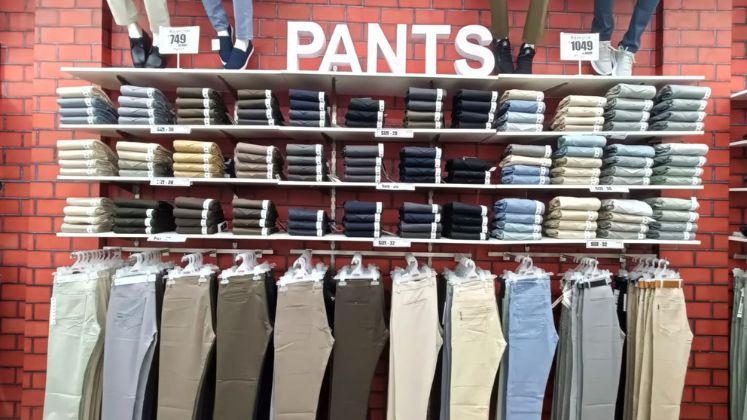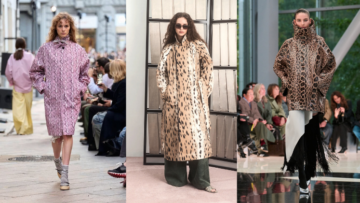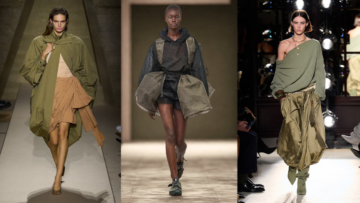Why Citykart?
Value retail is one of the fastest-growing segments of Indian apparel retail and companies like Citykart have a strong brand image in value retailing. The retailer is growing steadily and its focus is primarily on Tier-2 and Tier-3 cities which are the growth engines of rural India. The company has a strong presence in North India and in Tier-3 and Tier-4 cities of big states like UP and Bihar where it has established itself as a ‘one-stop shop for each member of the household as well as society’.
Now the company is increasing its focus on marketing, especially on winning youth’s attention. Recently, it sponsored UP Yoddhas for Pro Kabaddi League and also appointed Bhojpuri fame Akshara Singh as the face of its 100th shopping mall in Bettiah (Bihar).
Journey so far
Citykart started in 2016 and is currently operating 102 stores in 73 cities across 8 states. It has grown its retail space from 2 lakh sq.ft. to approximately 9 lakh sq.ft. in the last three years. In the next 18 months, it is targeting to spread retail space to 12 lakh sq.ft. with 175 outlets.
The retailer has a massive target of reaching 300 stores by 2026, a 300 per cent increase in store numbers.
Bahrain-based global alternative asset manager Investcorp has also invested an undisclosed amount in the company.
Brand’s strengths
Citykart is a complete family lifestyle store which caters to a wide product range for newborn babies, boys, girls, men and women. It is known for its most affordable, latest and aspirational fashion which are of the highest quality. Its affordability with owning the entry price point in the market as well as its vast assortment which are made store-wise and region-wise, are its strengths.
| Citykart is the Zara and H&M of Tier-2 and Tier-3 cities in India. Apart from national festivals, it also has good sales during regional or state-specific festivals. – Sudhanshu Agarwal, Founder |
Sudhanshu Agarwal, Founder of the company proudly states that Citykart is the Zara and H&M of Tier-2 and Tier-3 cities in India.
Apart from national festivals, it also has good sales during regional or state-specific festivals. It demarcates its season’s offerings to Spring/Summer and Autumn/Winter and delivers high-quality and affordable fashion to its stores every week. The company’s average selling price (ASP) is around Rs.300.
It has private labels like Athiya for ladieswear, Nimes for menswear, Jazzy boys for boys and Mushy for girls.
Sourcing strategies
Citykart sources directly from manufacturers across India and follows mainly two full seasons of S/S and A/W. The company’s standard order sizes are 1500 to 2000 pieces/colour options and 3000-4000 pieces/design.
It preferably works with vertically integrated units which are compliant and follow the company’s well-laid-out SOP. Its vendors possess machines ranging from 50 to 500 stitching machines.
Opportunity for Bangladesh
Citykart does sourcing from China also but the country contributes not more than 5 per cent of its total business and comprises kids, infant apparel and accessories as well as some general merchandise products.
As the retailer is expanding at a rapid pace, its sourcing needs will also expand and hence it is looking at sourcing from overseas, especially Bangladesh within a year’s time when its order size will increase by 30 per cent – 40 per cent.







